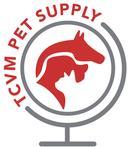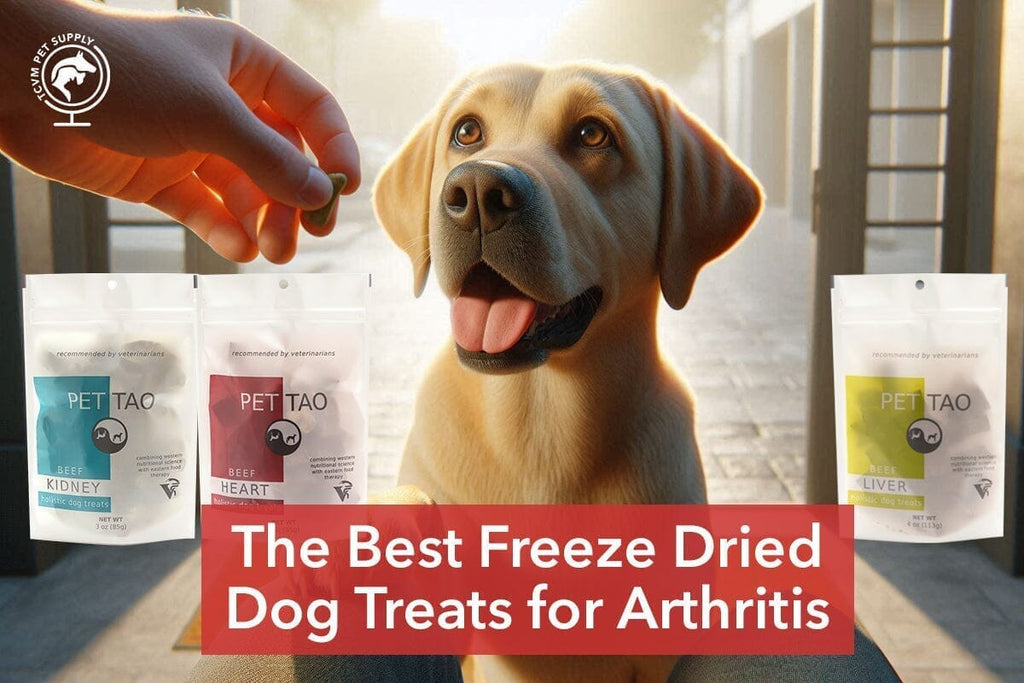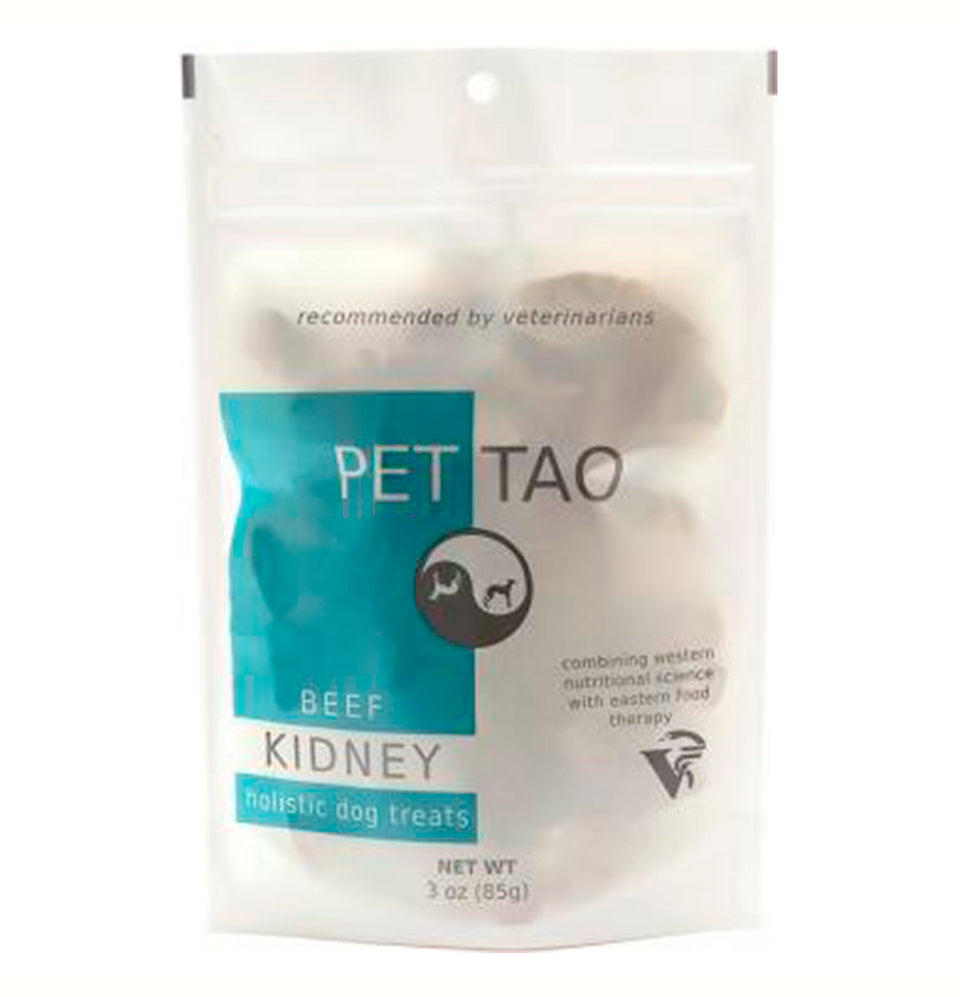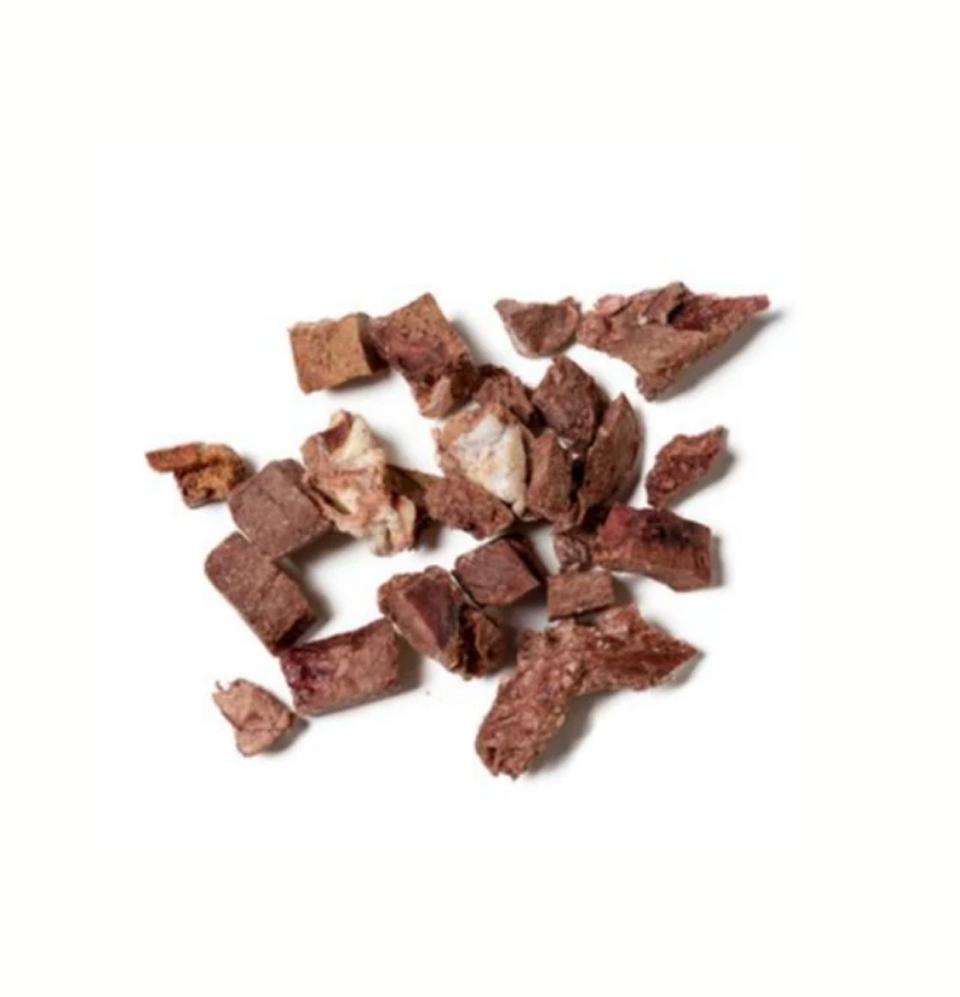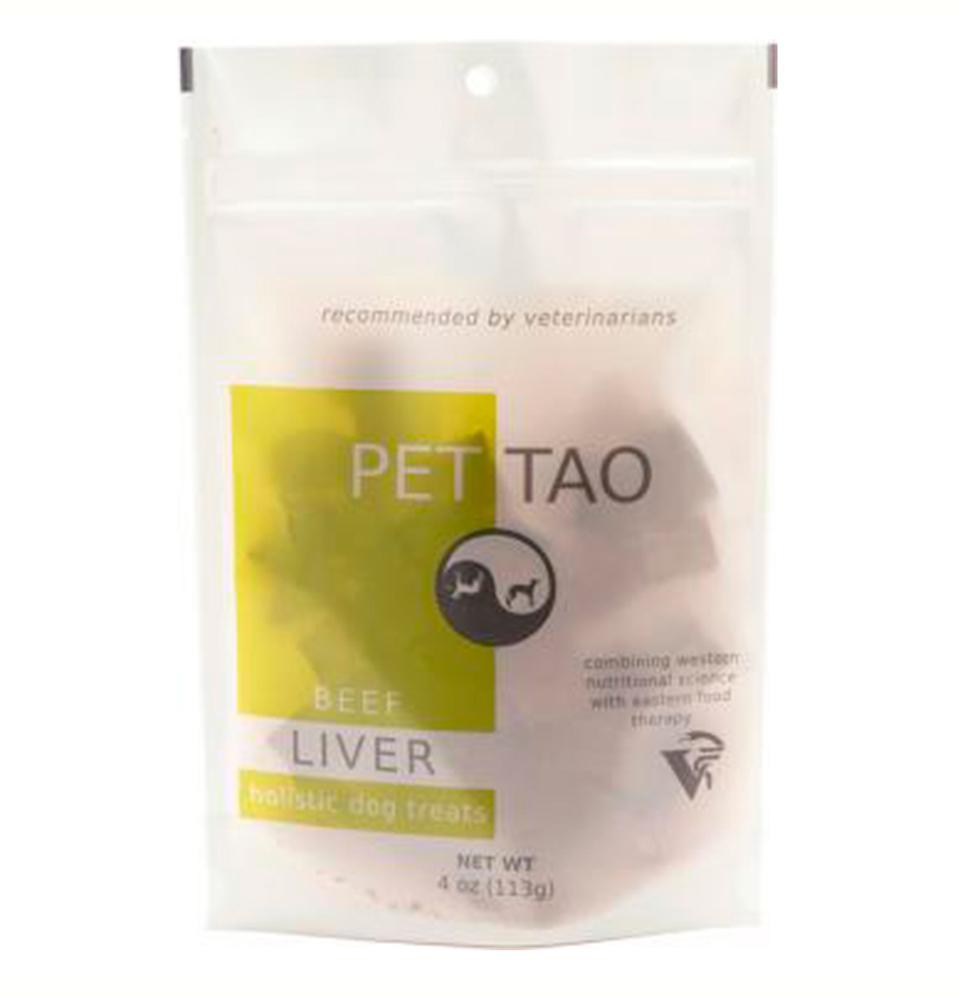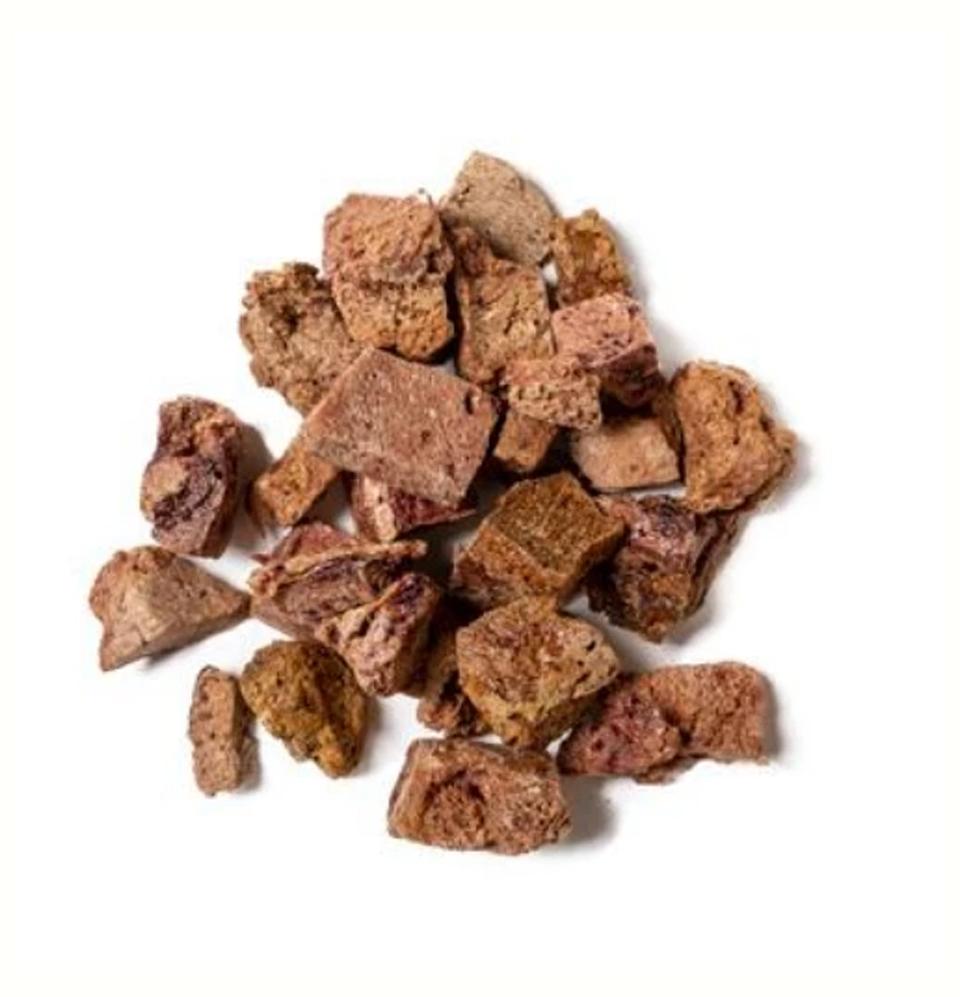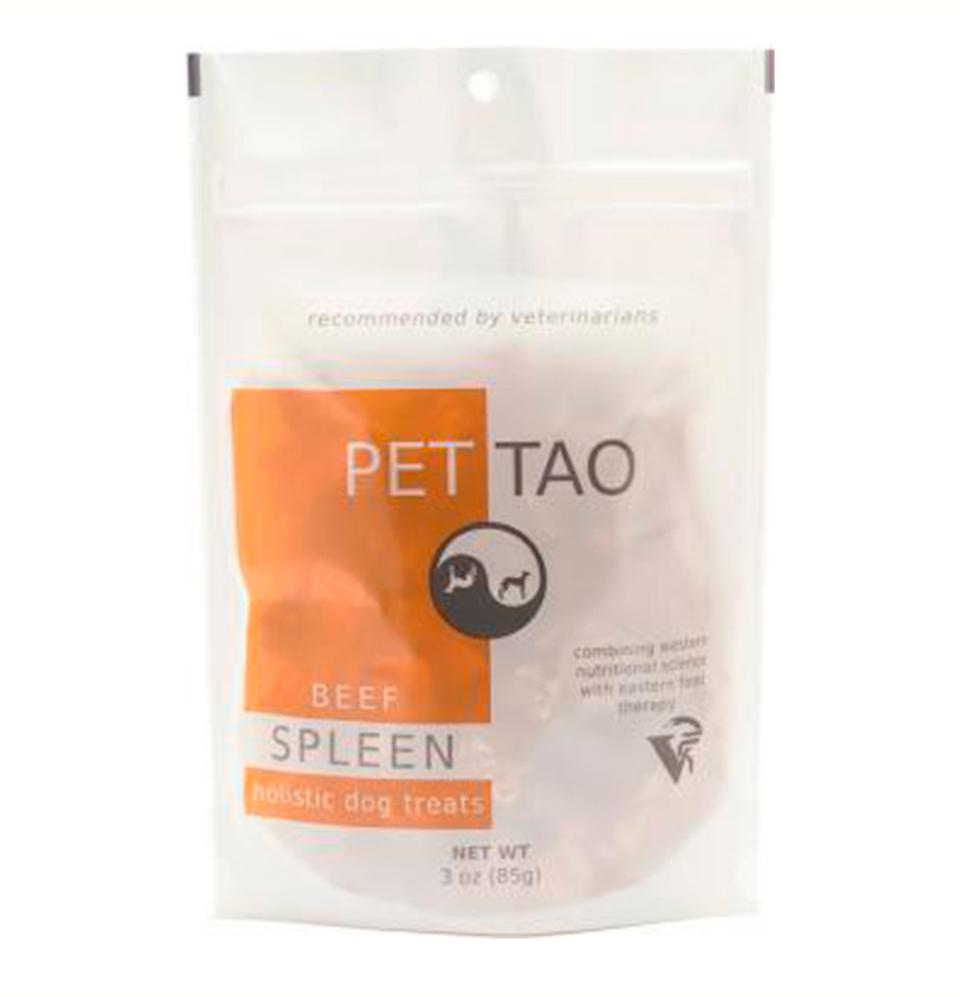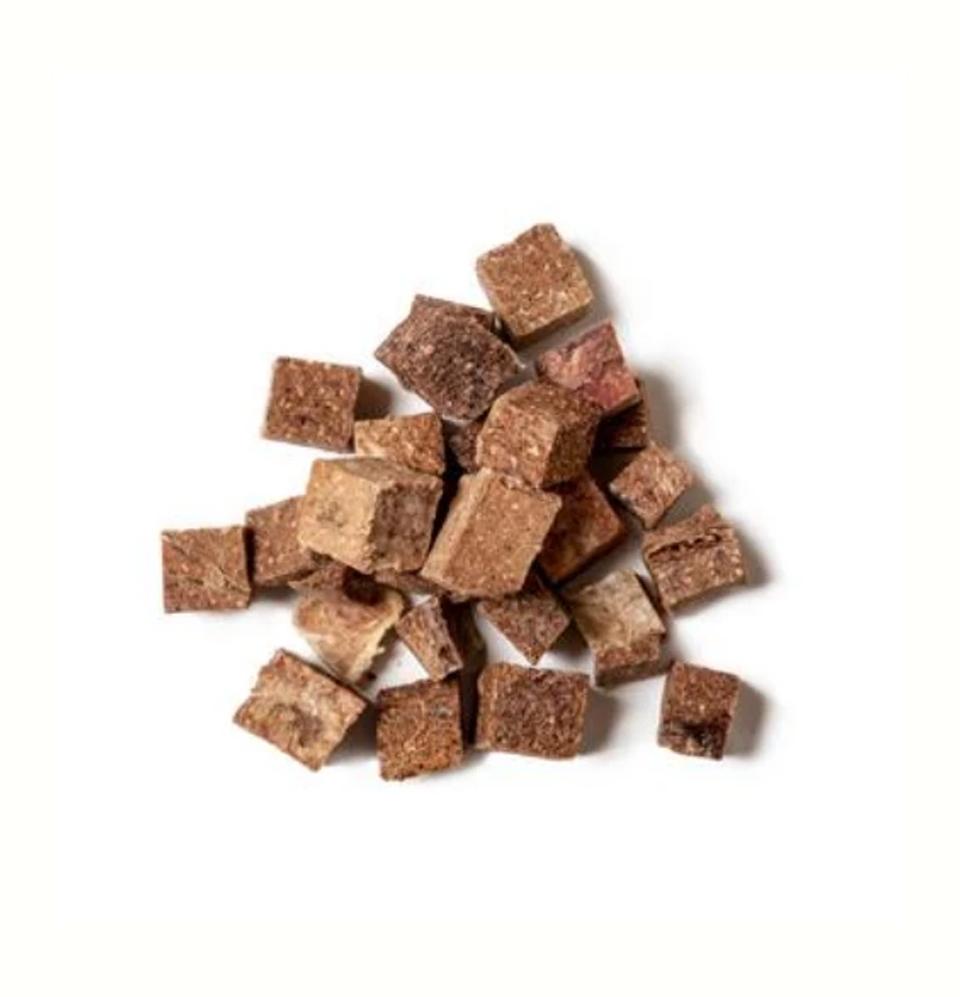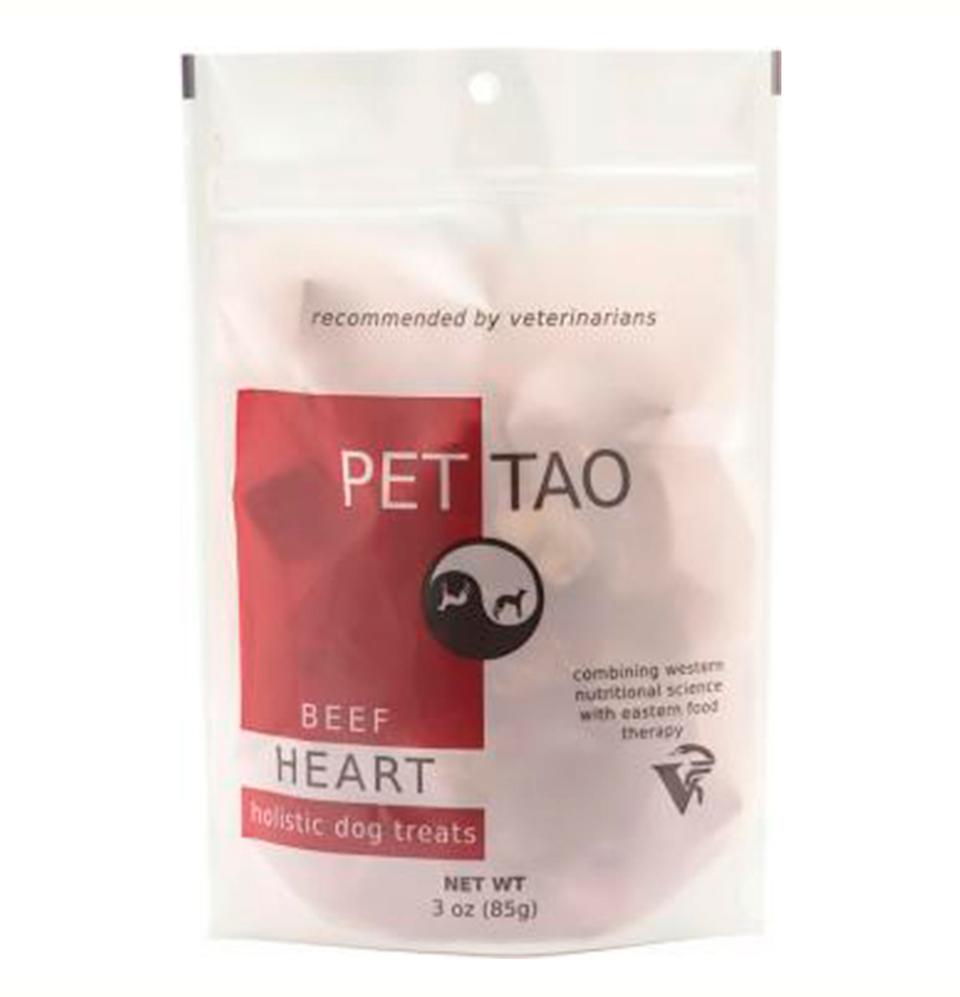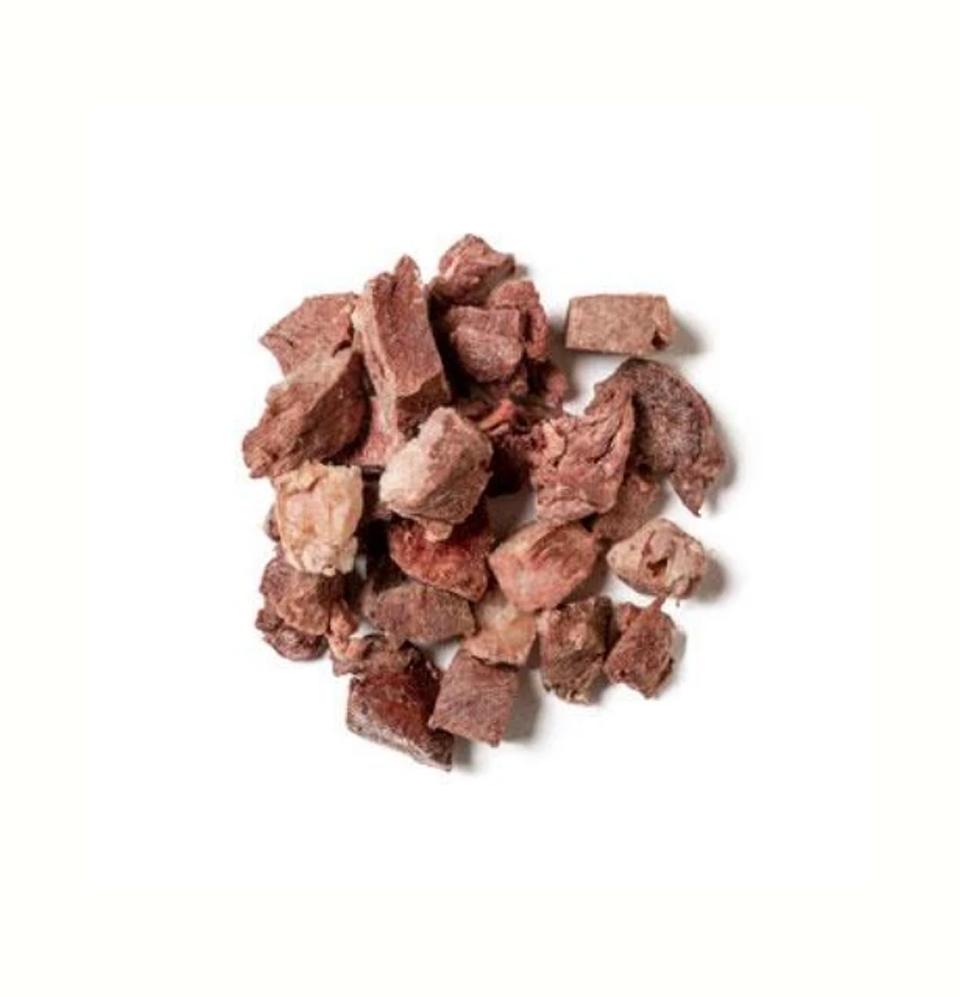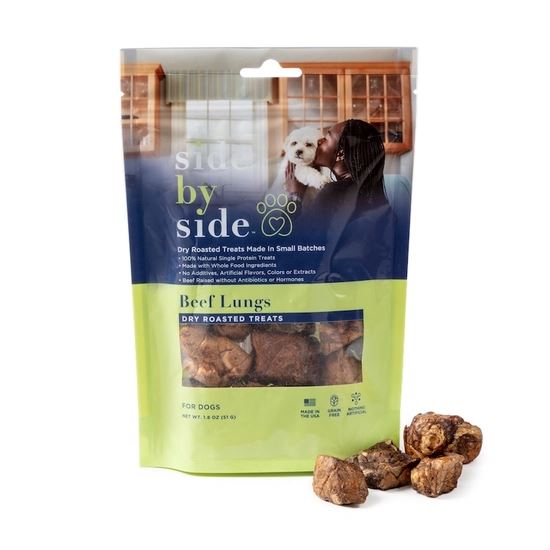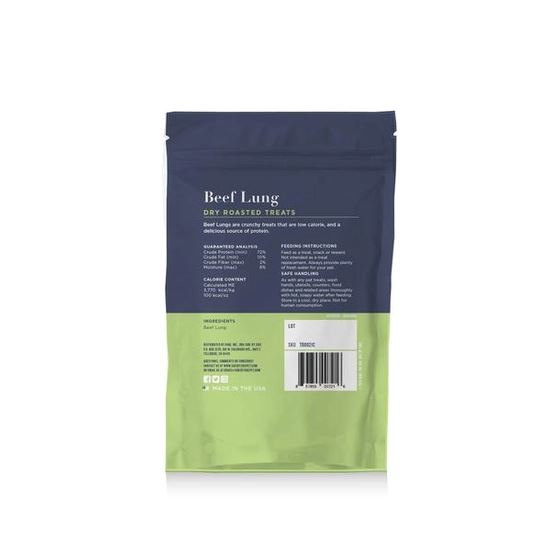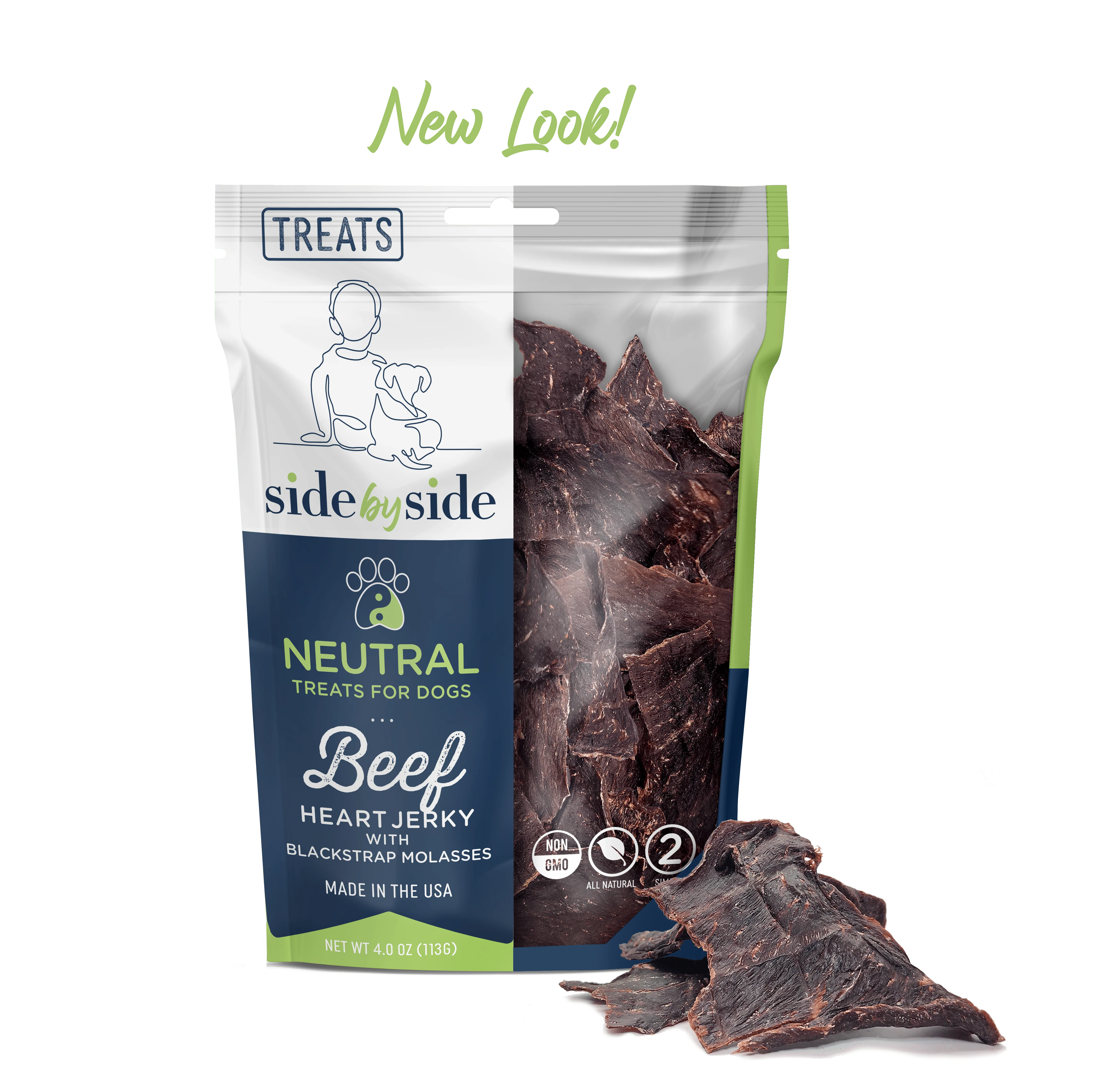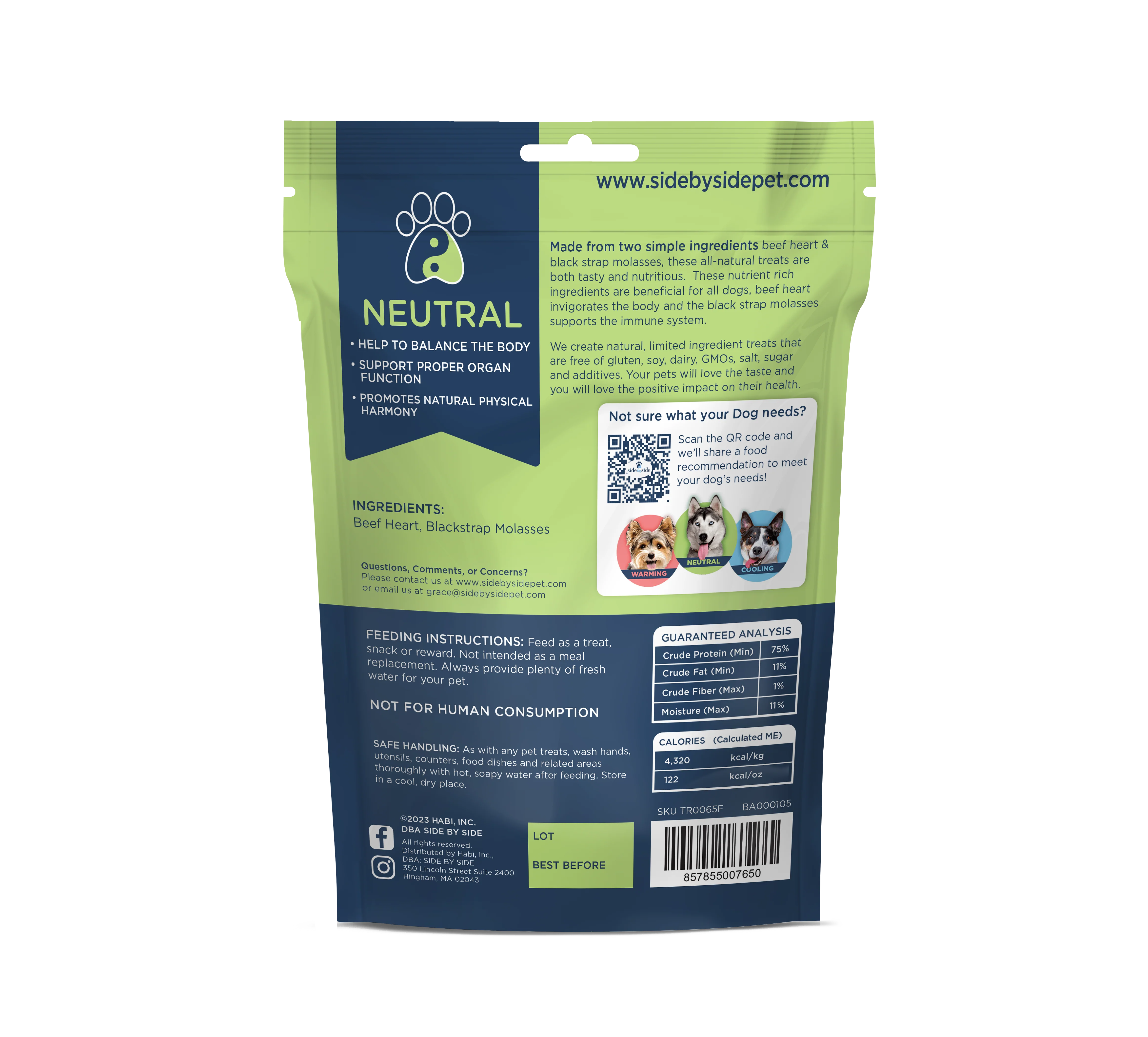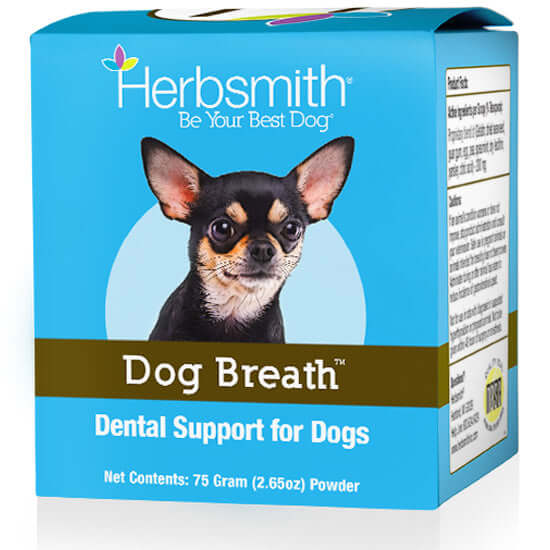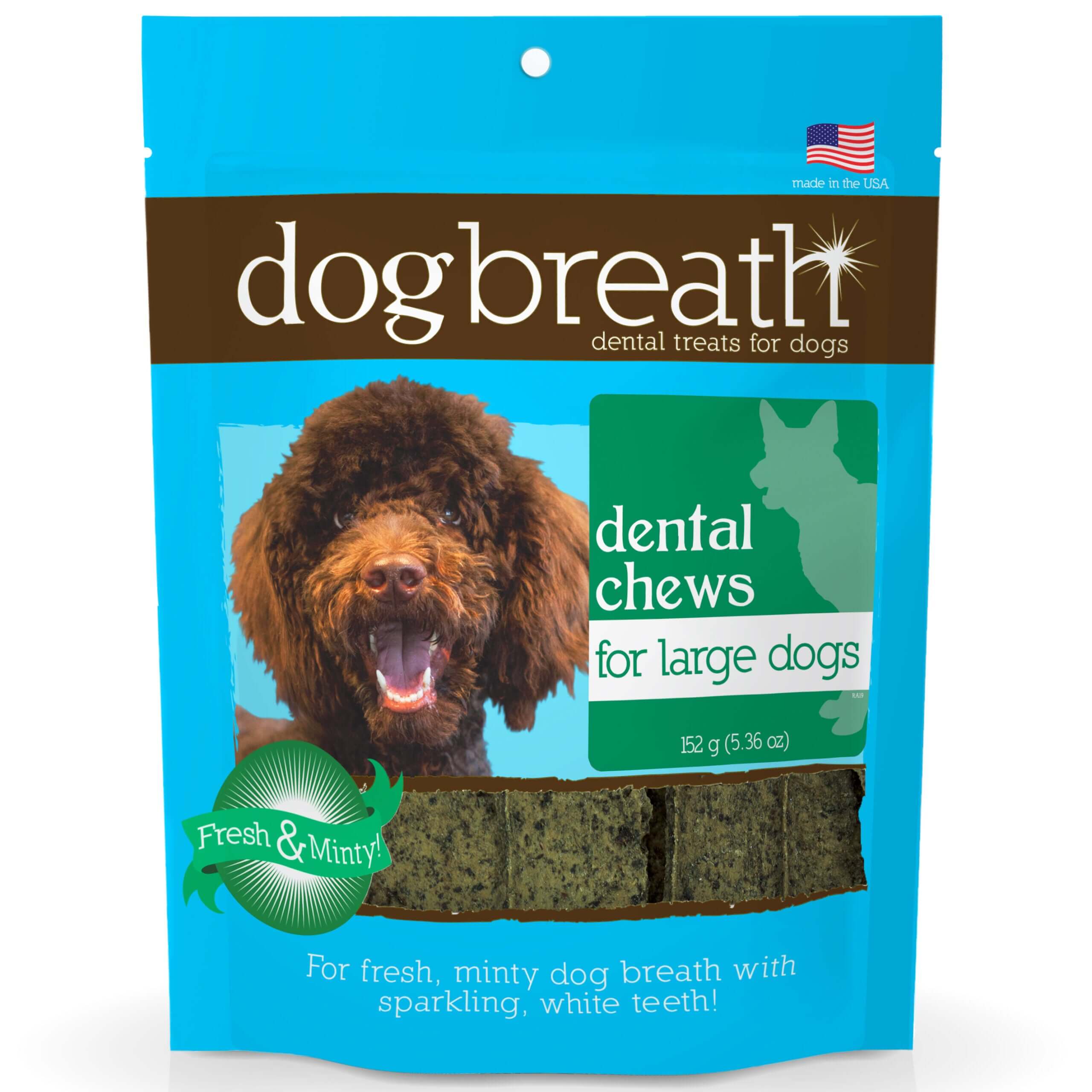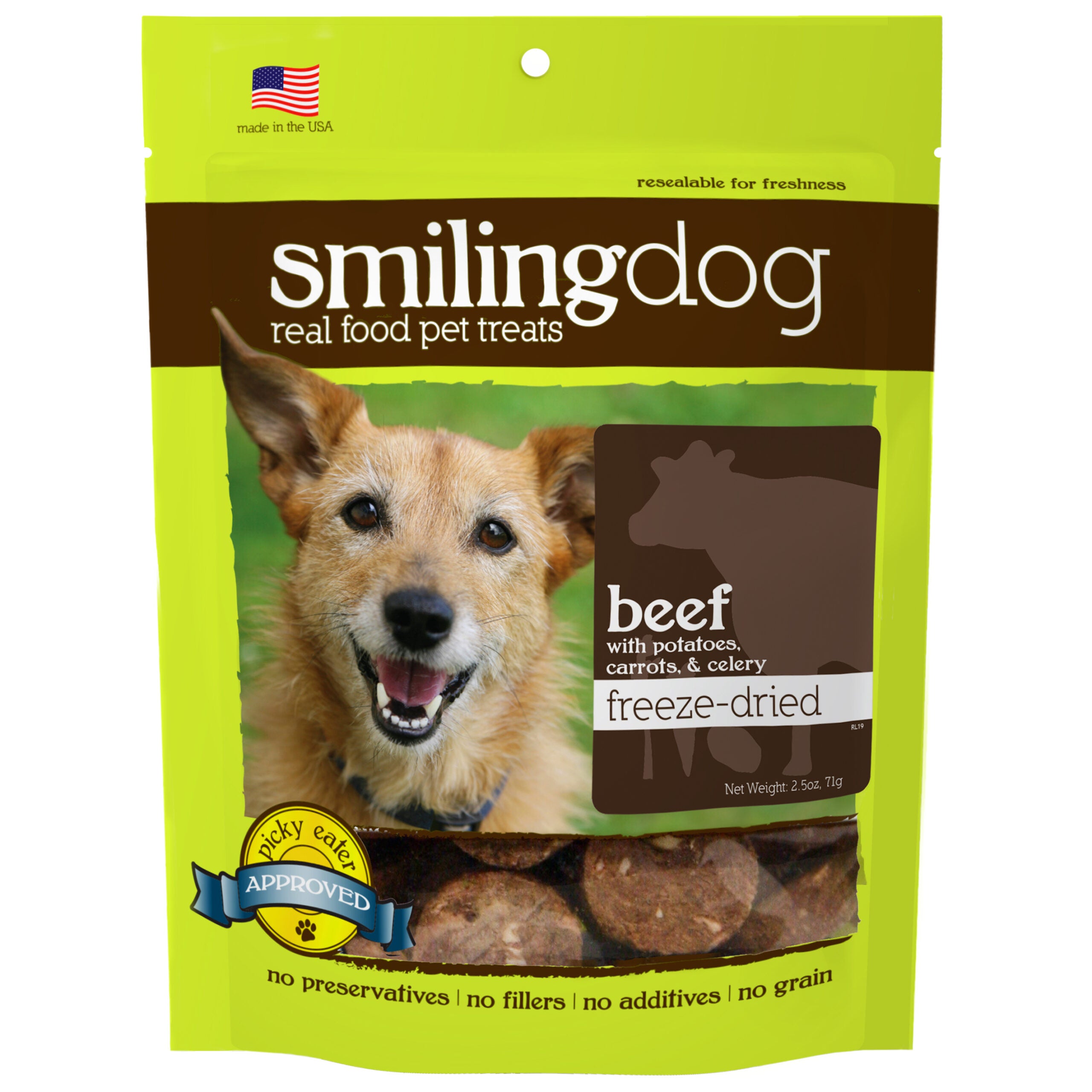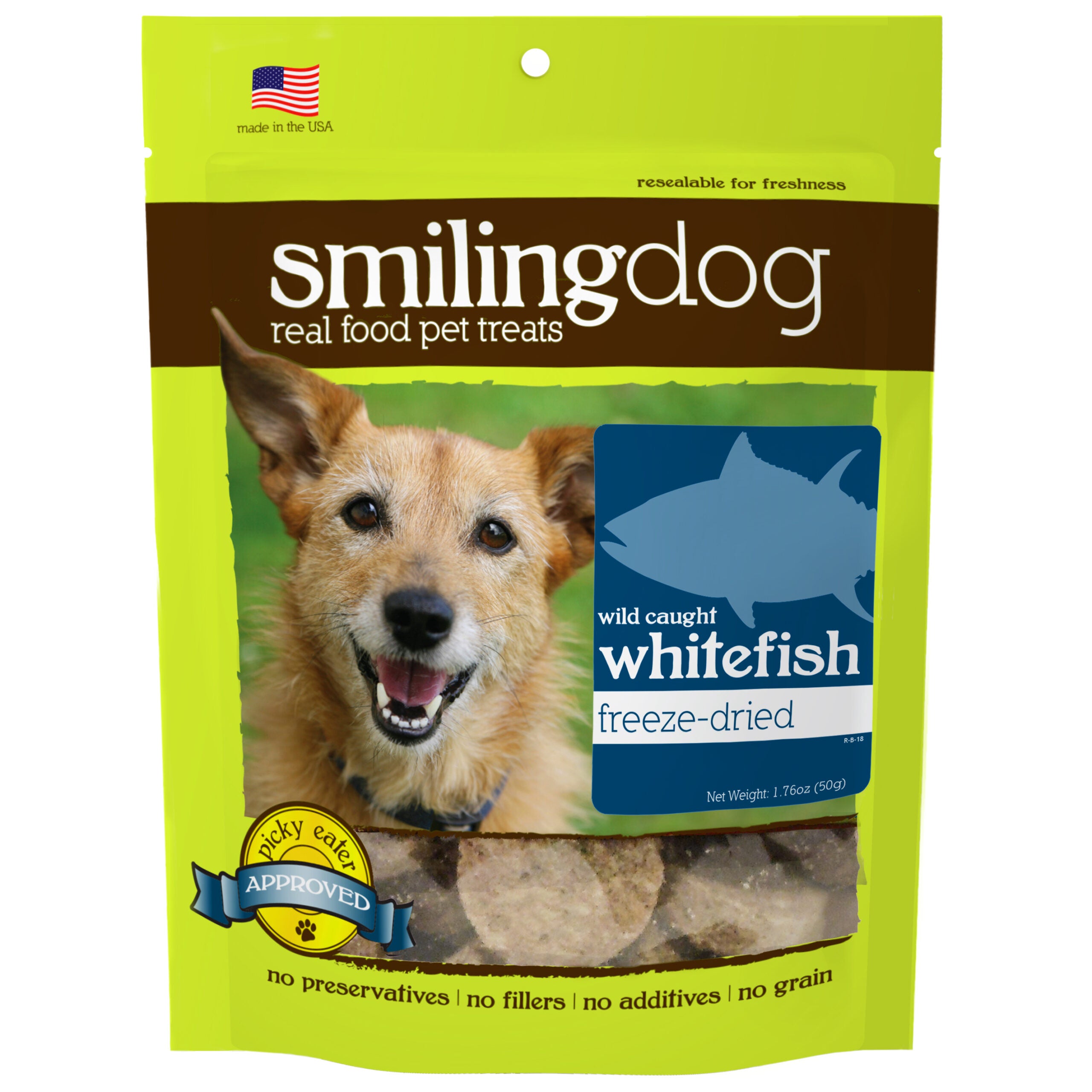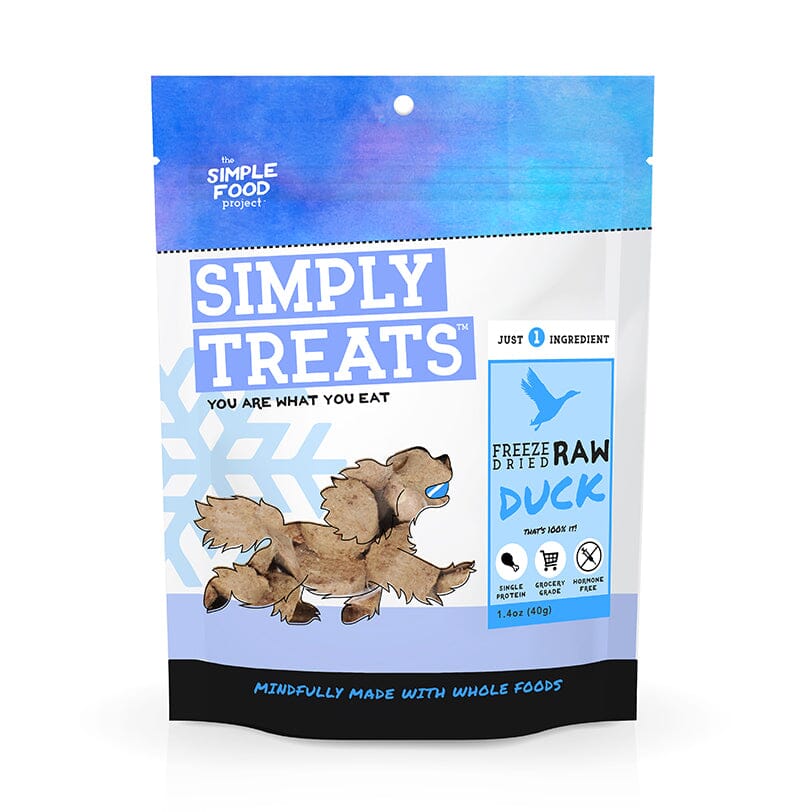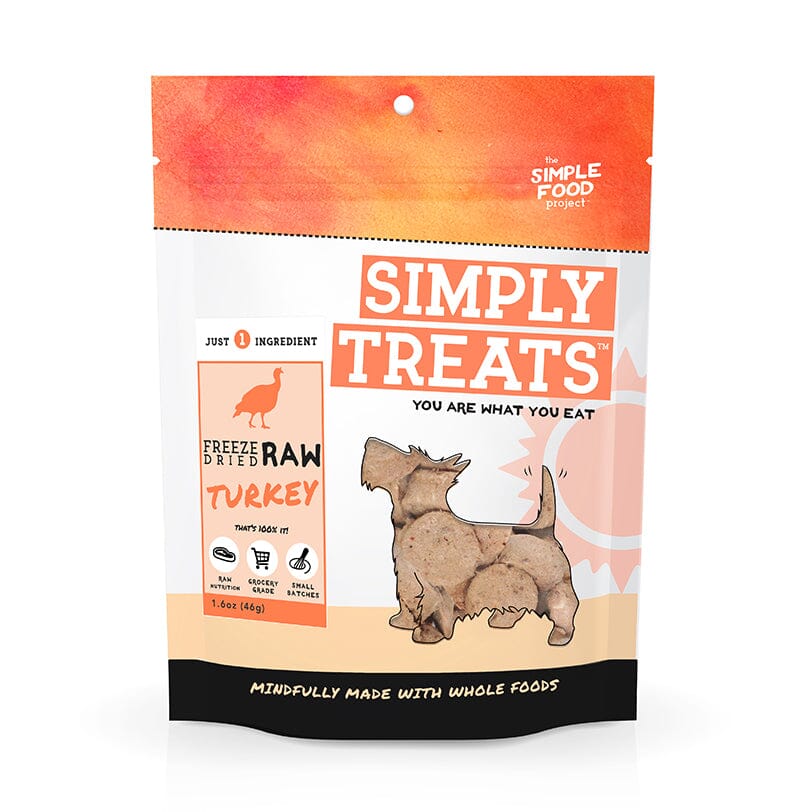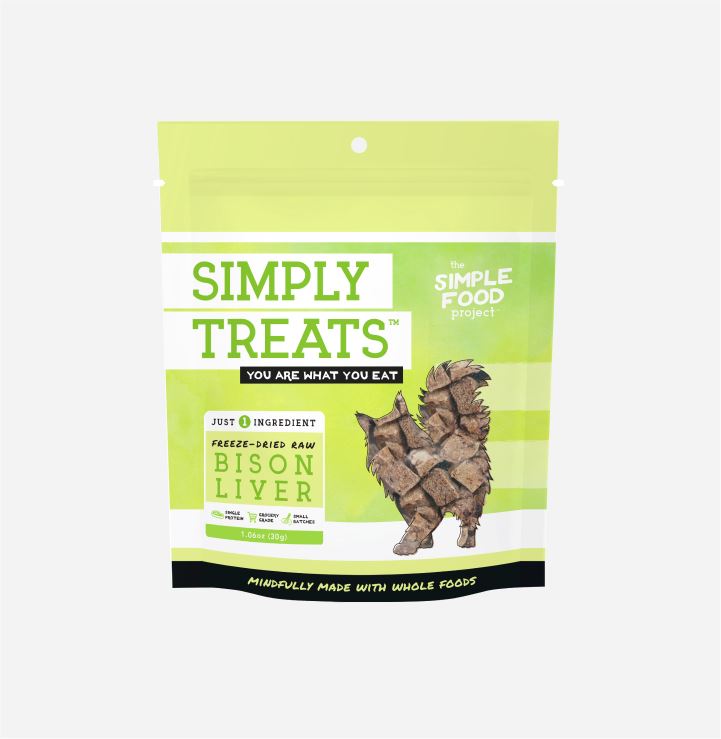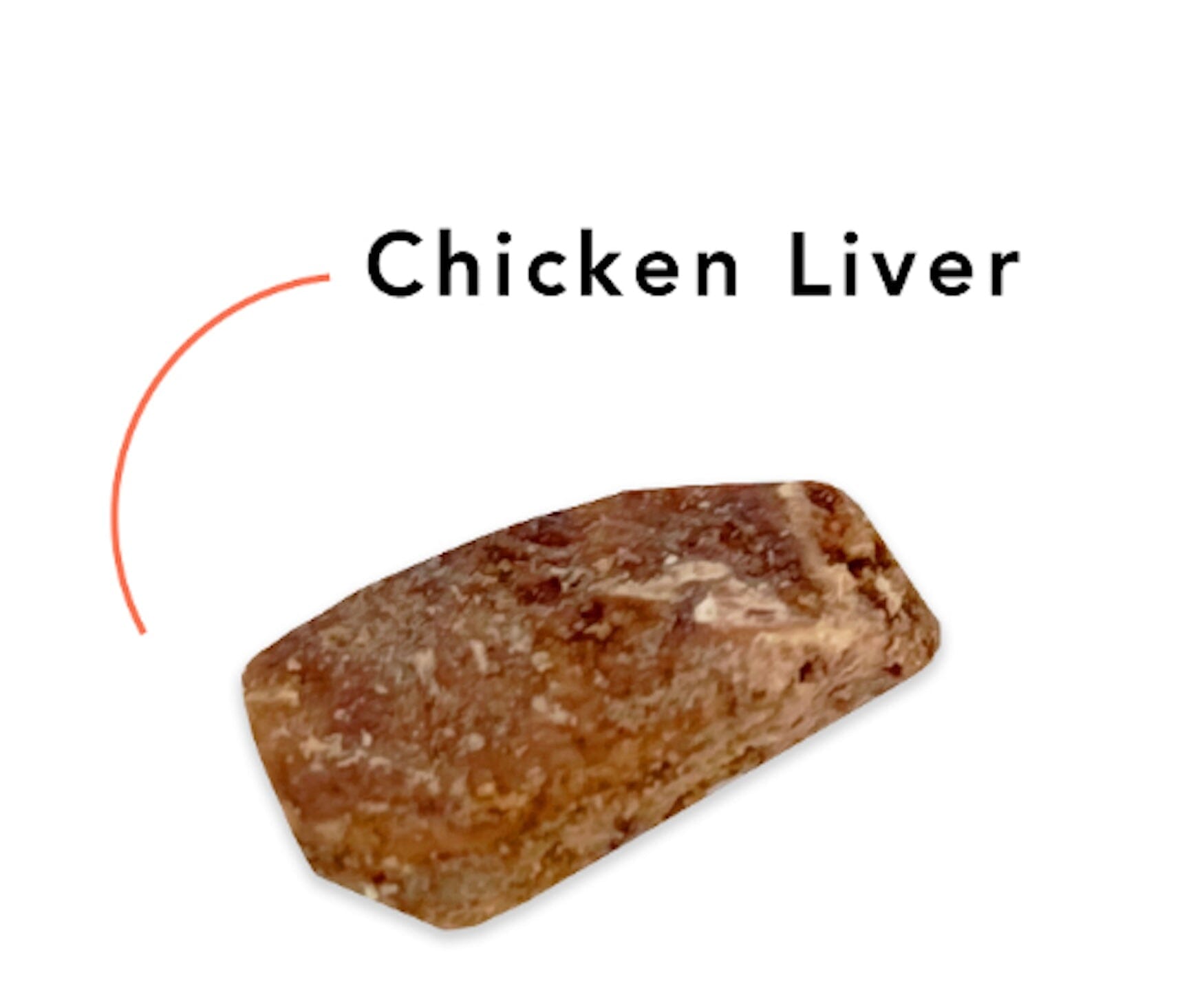
Here's What to Feed a Dog With Kidney Disease

In this article, we’ll explore what to feed a dog with kidney disease and how nutrition can make a difference.
Kidney disease is sadly very common in dogs, especially as they get older. Chronic kidney disease is essentially the gradual ‘wearing out’ of kidney tissues over time.
The age at which it appears often depends on a dog’s size. Smaller dogs may not show early signs until around 10 to 14 years of age. Larger breeds, with their shorter lifespans, can experience kidney failure as early as 7 years old.
While there is no cure for kidney disease, there is good news. With the right diet and home care, you can help your dog feel better, stay more comfortable, and enjoy a good quality of life.
What is Kidney Disease?
Chronic renal failure (CRF) and chronic kidney disease (CKD) are two interchangeable names for the same disease in which the kidneys no longer filter waste products out of the blood.
As mentioned earlier, chronic kidney disease is associated with aging.
There is another form of renal failure called acute kidney failure, which is treated differently from chronic kidney disease.
Acute kidney failure has a very sudden onset and usually happens because:
- there is a lack of blood flow to your dog's kidneys
- your dog can't urinate
- something directly damaged your dog's kidneys
As mentioned earlier, acute kidney failure is reversible with the proper medical attention.
This article is about how to help dogs suffering from chronic kidney disease.
In TCVM, the Kidneys are considered the foundation of life energy. While our veterinarians don’t recommend the leptospirosis vaccine or kibble, we feel the video above does an excellent job explaining how kidney disease develops from a biomedical perspective. Understanding both Eastern and Western perspectives helps you gain a broader understanding of kidney health.
What to Feed a Dog With Kidney Disease? Wet Food!
One of the first questions most people ask is, ‘What should I feed a dog with kidney disease?’
From both a Western and TCVM perspective, wet food is the best choice. In TCVM, moisture nourishes Yin and helps protect the Kidneys, which are considered the foundation of life energy.
Wet food also supports hydration and is gentler on digestion compared to dry kibble, which is viewed as energetically too dry and taxing on Kidney energy.
Some veterinarians recommend a low-protein diet even in the early stages of kidney disease. However, our veterinarians suggest not restricting protein until the late stage, so pets can maintain strength and vitality.
Home Cook an Energetically Appropriate Diet
From a TCVM perspective, diet is one of the most potent ways to support Kidney health and overall vitality. Our veterinarians recommend home-cooked meals that are both nutritionally balanced and energetically appropriate for your dog’s unique needs.
You can view a variety of energetically balanced diets on PET | TAO's Slow-Cooker Recipe Page. Home cooking is pretty easy and allows you to naturally align food therapy with your pet’s energy.
Before you begin, review the feeding chart to determine which recipe best suits your dog’s condition.
If you are fortunate enough to be working with a TCVM-trained veterinarian, the PET | TAO recipe page also offers special diets tailored to the different stages of chronic kidney disease. Your veterinarian can help you select the recipe that best supports your dog’s current stage.
For convenience, you can also purchase several pre-made PET | TAO recipes online.
Give Your Dog Kidney Treats
Yes, believe it or not, you can support your dog’s health simply by offering the right treats!
PET | TAO calls this "feeding treats for a reason." In TCVM and glandular theory, the principle of like treats like means that feeding an organ helps nourish and strengthen that same organ in the body. For example, feeding kidney supports and tonifies Kidney energy, which is considered the foundation of life force in TCVM.
A quick and easy way to add this support is with freeze-dried kidney treats, which naturally provide the organ-specific nutrients your pet needs. If you enjoy a hands-on approach, you can even make your own kidney treats at home!
Keep Your Dog Hydrated
If your dog suffers from kidney disease, keeping them hydrated is one of the most important steps you can take. In TCVM, fluids nourish Yin and help protect Kidney energy, making hydration essential for comfort and longevity.
Hydration can be challenging, especially for older dogs who may not drink enough on their own. You can encourage them by mixing a little low-sodium chicken or beef broth into their water, which often makes drinking more appealing. Offering moisture-rich foods, such as wet or home-cooked meals, also naturally boosts fluid intake while supporting digestion.
At certain stages of kidney disease, your veterinarian may recommend subcutaneous fluids to help maintain hydration. The good news is that most pet parents find this simple to do at home, and dogs usually tolerate it very well. Many even seem to feel more energized and comfortable afterward, because their bodies can once again freely circulate the fluids needed to thrive.
Eliminate Toxins
Another key factor to consider is the toxins in your dog’s water and environment. In TCVM, the Kidneys are the root of life energy, and every toxin your pet encounters must be processed through these vital organs. Reducing toxic load helps preserve Kidney strength and overall vitality.
You can support your dog by offering pure water sources such as distilled, reverse osmosis, or high-quality filtered water instead of standard tap water. Every sip of clean water helps lighten the Kidneys’ burden.
Additionally, creating a healthier environment makes a significant difference. Switching to non-toxic cleaners, laundry products, and air fresheners reduces daily chemical exposure, giving your pet’s Kidneys the chance to focus on nourishing and energizing the body rather than constantly filtering out harmful substances.
Epakitin
As chronic kidney disease progresses, the Kidneys lose some of their natural ability to filter toxins from the blood. In TCVM, this decline reflects a weakening of Kidney Qi and Essence, which are considered the foundation of vitality and longevity.
Most pet parents first learn about changes in Kidney function through yearly blood tests. When the Kidneys are no longer able to handle their filtering role fully, support can be added with natural supplementation.
One commonly recommended option is Epakitin, a natural product that helps bind and reduce toxins in the bloodstream. By lightening the Kidneys’ workload, Epakitin offers gentle support and helps maintain balance as the disease advances.
Chinese Herbs for Chronic Kidney Disease
You can also give your dog an edge against chronic kidney disease using Eastern herbal remedies.
One of our founding vets' favorites is Rehmannia Assist Kidney by Herbsmith Rx. Rehmannia Assist Kidney is a classic Chinese medicinal herbal blend that nourishes the kidneys and tonifies kidney yin, helping your dog from the inside out.
The video below explains how Rehmannia benefits the kidneys.
However, Rehmannia Assist Kidney is just one example of Chinese herbs for kidney disease.
There are many other TCVM (Traditional Chinese Veterinary Medicine) herbal blends to help with chronic kidney disease.
Your best bet is to consult with a TCVM-trained veterinarian for an exam or telemedicine consultation to determine the most suitable herbal formula for your dog's individual health situation.
Need Extra Help for Your Special Needs Dog?
If you ever feel like you need extra help in managing kidney health challenges naturally or with TCVM herbal blends, we can help.
TCVM Pet Supply co-founders Dr. Marc Smith and Dr. Casey Damron offer TCVM telemedicine consultations.
If you get a TCVM telemedicine consultation, you'll get personalized TCVM recommendations specific to your pet, including:
- TCVM Evaluation
- Food Therapy Recommendations
- TCVM Herb Recommendations & Veterinary Authorization
- Supplement Recommendations
- Alternative Medicine Recommendations
If you reside in the Middle Tennessee area or would like to commute, you may choose an in-clinic appointment instead.
You can learn more about each vet and contact the clinic you prefer to set up your consult:
- Marc Smith, DVM, MS - Natchez Trace Veterinary Services
- Casey Damron, DVM, CVA - White Oak Animal Hospital
We hope this information is helpful to you, and we wish you the best in helping your dog feel better.
If you have any other questions or if we can assist you in any way, please let us know.
GET 20% OFF YOUR FIRST ORDER! JUST ENTER CODE 20%OFF1ST IN THE DISCOUNT CODE BOX AT CHECKOUT.

